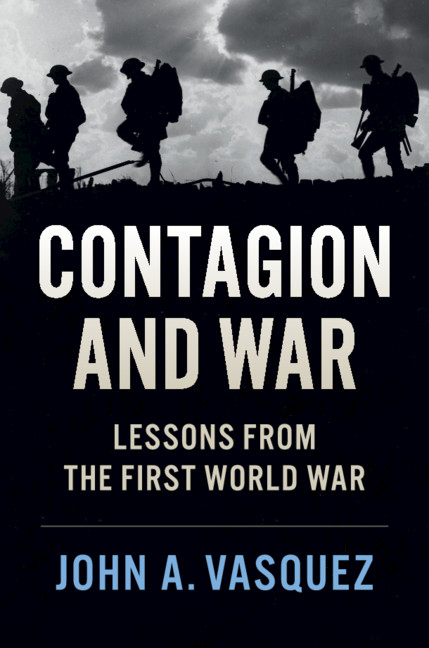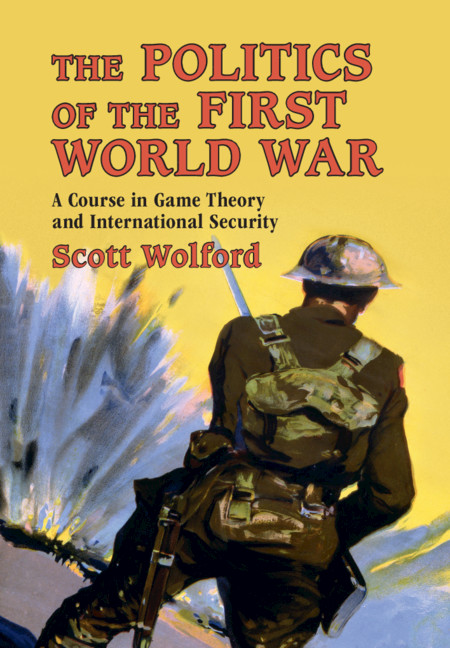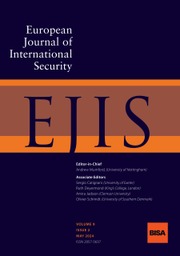Crises, War, and Diplomacy
Why do some international crises between major states escalate to war while others do not? To shed light on this question, this book reviews fifteen such crises during the period 1815–present, including the Crimean War, The Franco-Prussian War, the Cuban Missile Crisis, and the 2022 Russia-Ukraine War. Each chapter places the crisis at hand in its historical context, provides a narrative of the case's events that focuses on the decision-makers involved, theoretically analyses the case's outcome in light of current research, and inductively draws some lessons from the case for both scholars and policymakers. The book concludes by exploring common patterns and drawing some broader lessons that apply to the practice of diplomacy and international relations theory. Integrating qualitative information with the rich body of quantitative research on interstate war and peace, this unique volume is a major contribution to crisis diplomacy and war studies.
- Chronicles and analyses fifteen crises among major-power states in the period 1816-present
- Explains the patterns behind why some crises escalate to war, while others do not
- Derives lessons with implications for both practitioners and international relations theory
- Includes a vital and timely analysis of Russia's invasion of Ukraine
Reviews & endorsements
'Why some crises escalate to war while others do not is a critical question for both theorists and policymakers. Vasquez and Owsiak answer with a masterful integration of theory, data, and history in a penetrating analysis of decision-making in fifteen of the most important international crises of the last hundred years.' Jack S. Levy, Rutgers University
'A theoretically and empirically rich examination of when and how international crises escalate to war and when they do not. This book offers fascinating materials on a wide range of cases in the modern era and the plausible explanations for their occurrence. New and old research findings on crises and war are assembled and evaluated for an easy to read, yet thorough analysis.' T. V. Paul, Distinguished James McGill Professor, Department of Political Science, McGill University and co-editor of International Organizations and Peaceful Change in World Politics (Cambridge University Press, 2025)
Product details
December 2025Paperback
9781009652070
450 pages
229 × 152 mm
0.25kg
Not yet published - available from December 2025
Table of Contents
- Part I. Foundations: Introduction
- 1. Theoretical framework and research design
- Part II. The post-Napoleonic nineteenth century:
- 2. The eastern crisis, 1839–1841
- 3. The Crimean war
- 4. The Italian war of Independence 1859–1860
- 5. The Franco-Prussian war
- Part III. The twentieth century through World War II:
- 6. The Russo-Japanese war
- 7. The first and second Moroccan crisis
- 8. The 1908–1909 Bosnian crisis
- 9. July 1914
- 10. Munich 1938
- 11. Pearl harbor
- Part IV. The Nuclear Era:
- 12. The Berlin crises:
- 13. The Cuban missile crisis
- 14. The 1917–1973 'Cod War'
- 15. The 2014 annexation of crimea/2022 Russia-Ukraine war
- Part V. Conclusion: Lessons for World Politics
- 16. Patterns
- 17. General lessons.










